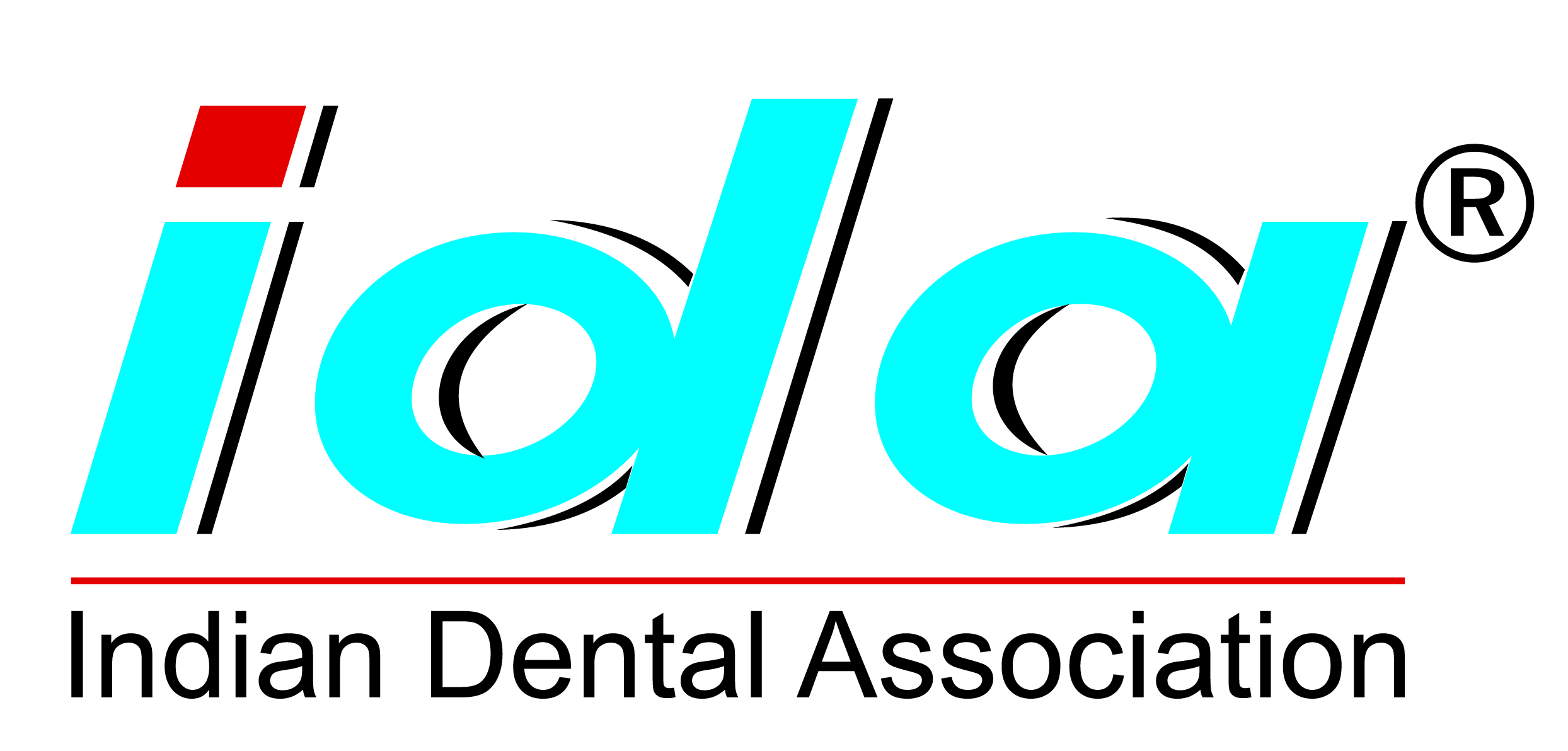A teratogen is a drug or chemical that induces alterations in the formation of cells,
tissues and organs and thus creating physical defects in a developing embryo or
foetus.
Drug induced changes can occur only during organogenesis; however, drug induced
toxicologic changes affect the foetus after completion of tissue or organ formation
because these drugs induce degenerative changes in formed tissue or organs.
To be safe, drugs that are known to be innocuous to the embryo or foetus should
be used in the dental management of pregnant women. Drugs with unknown teratogenic
potential should be prescribed only after consultation with the patients gynaecologist.
Drugs with known teratogenic effects should not be used during dental procedure.
|
Classification
|
Definition
|
|
A
|
No risk demonstrated to the foetus in any trimester.
|
|
B
|
No adverse effects.
|
|
C
|
Only given after the risk to the foetus are considered.
|
|
D
|
Definite foetal risk; may be given in spite of risks if needed in the life threatening
situations.
|
|
X
|
Absolute Foetal abnormalities; not to be used at any time during pregnancy.
|
Oral health is important during pregnancy and should not be neglected. The rise
in hormone levels during pregnancy causes the gums to swell, bleed and trap food
causing increased gum irritation. Preventive dental work is essential to avoid oral
infections such as gum disease, which has been linked to pre-term birth.
Foetal organ development occurs during the first trimester; it is best to avoid
all potential risks at this time if possible. During pregnancy, avoid elective dental
treatment, such as routine dental X-rays and whitening of teeth and bonding, especially
during the first trimester. However, if dental pain is experienced, emergency treatment
and minimal emergency X-rays should be completed immediately with consultation between
dentist and obstetrician. If non-emergency dental work is needed during the third
trimester, it is usually postponed until after the birth. This is to avoid the risk
of premature labour.
- Ask the patient if they are pregnant.
-
Ask the names and dosages of all medications
they are taking – including medications and prenatal vitamins prescribed by their
doctor as well as any specific medical advice given. Alter the dental treatment
plan based on this information.
-
Encouraging your patients to undergo regular periodontal (gum) examinations is very
important because pregnancy causes hormonal changes.
-
Advice rinsing mouth with water or a mouth rinse if patient is suffering from morning
sickness and have bouts of frequent vomiting. Also prescribe toothpaste with a bland
taste.
-
Advice healthy, balanced and nutritious diet devoid of sugary snacks.
Additionally, some studies have shown that the bacteria responsible for tooth decay
are passed from the mother to the child.
-
Baby's first teeth begin to develop about three months into pregnancy. Healthy diets
containing dairy products, cheese and yogurt are a good source of these essential
minerals and are good for baby's developing teeth, gums and bones.
|
Condition
|
Medication
|
|
Asthma
|
Budesonide inhaled or nasal spray
|
|
Bladder infection (UTI)
|
Nitrofurantoin - Avoid in patients with possible G6PD deficiency
|
|
Cough
|
Dextromethrophan
|
|
Constipation
|
Docusate, Milk of magnesia, Polyethyelene glycol
|
|
Diabetes
|
Insulin, Glyburide, Metformin
|
|
Diarrhea
|
Loperamide
|
|
Gastroesophageal reflux disease (GERD)
|
Ranitidine, Cimetidine
|
|
Hayfever, sneezing, runny nose, itchy watery eyes
|
Chlorpheniramine, Diphenhydramine
|
|
Headache or fever
|
Acetaminophen, Paracetamol
|
|
Hemorrhoids
|
Tucks, Preparation H, Anusol
|
|
High blood pressure
|
Methyldopa
|
|
Hyperprolactinemia
|
Bromocriptine , Carbergoline
|
|
Hypothyroidism
|
Thyroid hormone, Levothyroxine
|
|
Infection
|
Acyclovir , Azthitromycin, Cepaholosporins (examples: Cephalexin, Cefazolin, Cefaclor,
Clindamycin), Erythromycin, Penicillins (example: Amoxicillin, Clavulanate,
Methicillin, Carbenicillin), Metronidazole.
|
|
Insomnia
|
Doxylamine
|
|
Motion sickness
|
Dimenhydrinate
|
|
Nasal congestion
|
Pseudoephedrine- avoid in first trimester.
|
|
Nasal congestion, sneezing, runny nose, itchy watery eyes
|
Triprolidine, Pseudoephedrine- avoid in first trimester.
|
|
Nasal congestion, sneezing, runny nose, itchy watery eyes, fever and headache
|
Acetaminophen, Chlorpheniramine, Pseudoephedrine- avoid in first trimester.
|
|
Nausea
|
Ginger Pyridoxine 25 mg PO TID with Doxylamine Succinate 25 mg 1/2 tablet TID, Metoclopramide
|
|
Preeclampsia
|
Magnesium sulfate
|
|
Vaginal yeast infection
|
Clotrimazole cream
|
|
Condition
|
Recommended agents
|
Alternative agents
|
Use with caution
|
|
Allergic rhinitis
|
Beclomethasone, Fluticasone, Cromolyn (Nasalcrom)
|
Cetirizine, Loratadine, Sedating antihistamines, Decongestants
|
|
|
Cardiovascular
|
Hydrochlorothiazide, Metoprolol, Tartrate, Propranolol, Labetalol
|
Nifedipine, Verapamil, Hydralazine, Captopril, Enalapril
|
Atenolol, Nadolol, Sotalol, Diltiazem
|
|
Depression
|
Sertraline, Paroxetine
|
Nortriptyline, Desipramine
|
Fluoxetine
|
|
Diabetes
|
Insulin, Glyburide, Glipizide, Tolbutamide
|
Acarbose
|
Metformin, Thiazolinediones
|
|
Epilepsy
|
Phenytoin, Carbamazepine
|
Ethosuximide, Valproic sodium
|
Phenobarbital
|
|
Pain
|
Ibuprofen, Morphine, Acetaminophen
|
|
Naproxen, Meperidine
|
|
Asthma
|
Cromolyn, Nedocromil
|
Fluticasone, Beclomethasone
|
|
|
Contraception
|
Barrier methods
|
Progestin-only agents
|
Oestrogen-containing contraceptives
|





